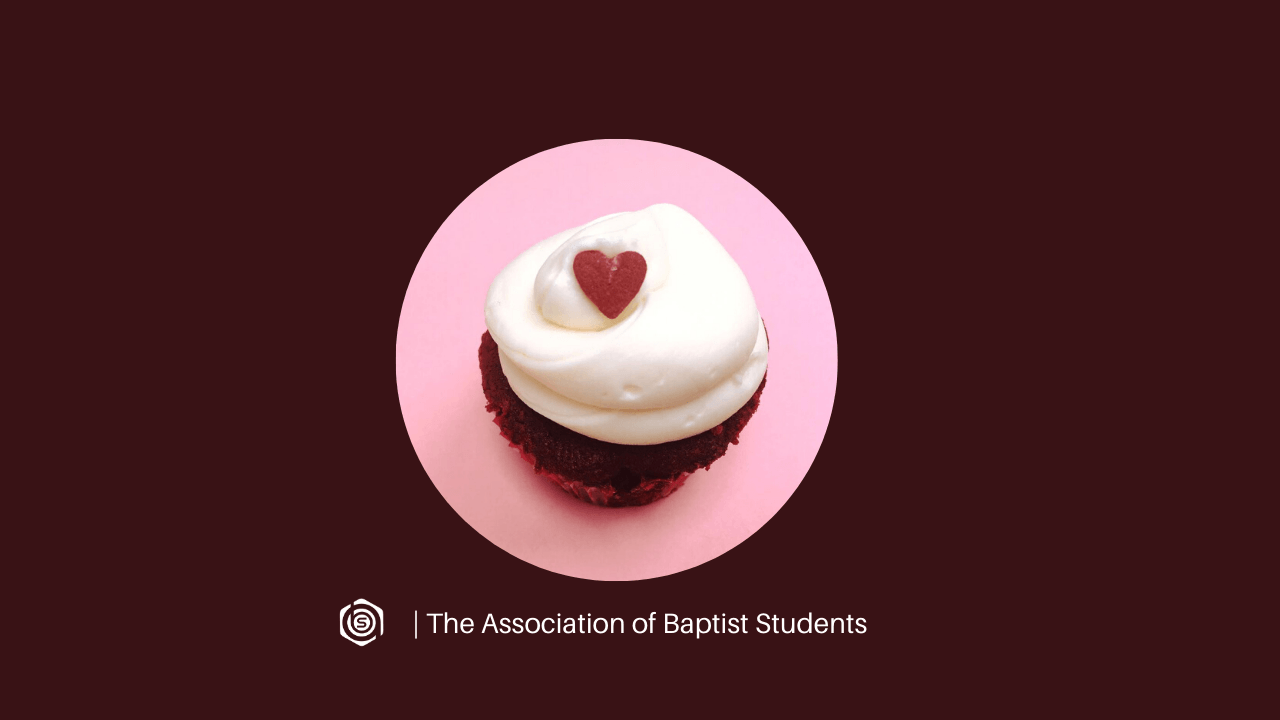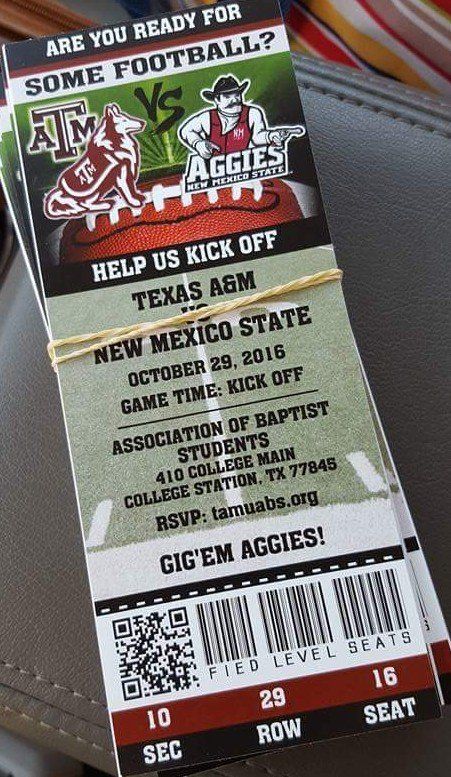Unconditional

John 8: 1-11
1 but Jesus went to the Mount of Olives. 2 Early in the morning he came again to the temple. All the people came to him, and he sat down and taught them. 3 The scribes and the Pharisees brought a woman who had been caught in adultery, and placing her in the midst 4 they said to him, “Teacher, this woman has been caught in the act of adultery. 5 Now in the Law, Moses commanded us to stone such women. So what do you say?” 6 This they said to test him, that they might have some charge to bring against him. Jesus bent down and wrote with his finger on the ground. 7 And as they continued to ask him, he stood up and said to them, “Let him who is without sin among you be the first to throw a stone at her.” 8 And once more he bent down and wrote on the ground. 9 But when they heard it, they went away one by one, beginning with the older ones, and Jesus was left alone with the woman standing before him. 10 Jesus stood up and said to her, “Woman, where are they? Has no one condemned you?” 11 She said, “No one, Lord.” And Jesus said, “Neither do I condemn you; go, and from now on sin no more.”
I’m not perfect. It’s super easy for me to say. I say it regularly. I’m not supposed to be perfect. I know that, and yet when it comes to living my life, I regularly struggle with not doing certain things perfectly. It’s been that way since I was a kid. I remember crying heavily when I would get sick and have to miss a day of school. No perfect attendance award for me this year. I remember vividly the first time that I ever got a B. I thought for sure that life was over that day. No matter how much I try to remind myself that I don’t have to be perfect, I keep fighting to be so.
In our passage today, the teachers of the law bring before Jesus a woman that they accused of a heinous act in the eyes of the law of Moses. This was more than just an act to fulfill the law, it was a calculated strike meant to bring down the ministry of Jesus. They came to him in the morning, meaning that most likely the woman was caught the evening before and held until they could bring her to Jesus. The terrified woman thrown at his feet, the teachers believed they had trapped Jesus for sure. If Jesus were to say that she shouldn’t be stoned, then Jesus would be publicly revealed as ignoring the law of Moses. If he endorsed her stoning, then he could easily be tried according to Roman law for inciting a murder. Jesus instead draws in the sand. I’m sure that tomes of literature could be written speculating what it is that Jesus wrote in the sand that day, but the importance of it lies not in the words but in the medium. The law of Moses forbid writing more than 2 letters on the Sabbath, but writing in the dirt was allowed. Jesus is once again showing his fulfillment of the law. He then allows the stoning, but only for those who are without sin. The eldest of the group, who are very aware they have much sin in their own lives, are the first to leave. Until there remains only Jesus and the woman.
The only person who could cast a stone was the only one who remained. Then Jesus responds not in judgement, but with grace. “Neither do I condemn you. Go, and sin no more.” Jesus gives grace, then commands her not to sin. I think some of us gloss over this as we read the story and ignore the monumental nature of it. Jesus does not ask the woman to change herself in order to not be condemned. Jesus offers grace to this sinful woman. It is clear that the woman was indeed guilty. Jesus does not judge her for it. I think we need to comprehend how important that is. So many of us feel compelled to try and make ourselves better. We feel like we need to obedient in order for God to love us more. This is a false. The love of God is unconditional. Nothing you can do would make Him love you more, because everyone is equally complicit in sinning against Him. It was his desire to restore a relationship with us that he willingly gave up is own son as a sacrifice of love. Scripture tells us that this grace comes from God, not from the works of man, otherwise someone could boast about how they provided this grace. This glorious grace comes from Jesus Christ, and the act of love he carried out in our place. I pray that we would remember that we do not have to “get better” in order to be loved by God. We move toward obedience when we recognize that God rescued us when were in an unlovable state, God’s love was unconditional.









